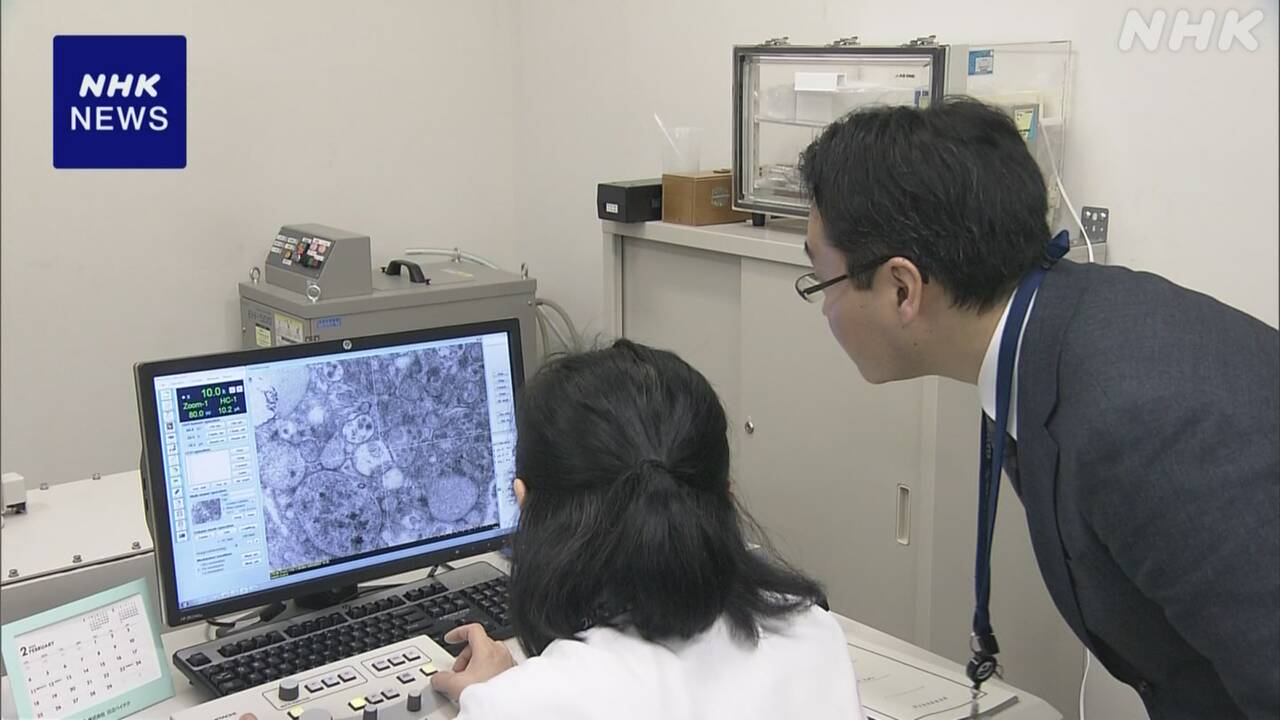When people who are immunocompromised due to cancer treatment are infected with the new coronavirus, the virus continues to remain in their bodies, causing symptoms to recur, and treatment tends to be longer, according to the National Institute of Infectious Diseases and other organizations. The research group decided to create new draft guidelines to support the medical care of these patients.
If a person with a weakened immune system, such as due to cancer treatment, is infected with the new coronavirus, it may take time for the virus to be eliminated, the symptoms may recur, or the test may remain positive for a long period of time. It has been pointed out that treatment may take a long time, and that the virus may mutate into a ``resistant virus'' that is less effective against drugs during prolonged treatment.
For this reason, research groups such as the National Institute of Infectious Diseases have decided to create new draft guidelines that collect information to support medical treatment for infected people with immunodeficiency.
The research group analyzed the treatment progress and virus detection status of approximately 90 immunocompromised coronavirus patients who were infected with the new coronavirus and were admitted to hospitals across the country. We are planning to compile a draft guideline from this month onwards.
Tadaki Suzuki, director of the Department of Infectious Pathology at the National Institute of Infectious Diseases, who serves as the group's representative, said, ``Currently, each medical institution has different treatment and discharge policies for immunocompromised patients, and we are still trying to figure it out.'' I want to sort out what to focus on and how to respond."

